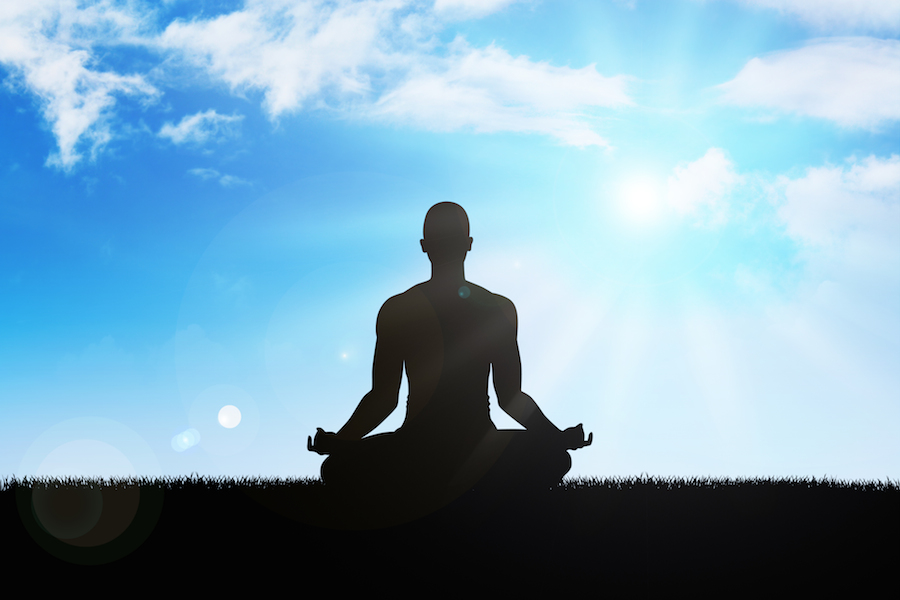Tommy Dorsey was a drug addict and drag queen in San Francisco in the 1960s when Zen Buddhist masters from Japan started arriving in the United States.
Practicing Buddhism helped Dorsey get clean. After a while, Dorsey, who was gay, asked, “Is it OK for someone like me to take jukai?” He was referring to the formal commitment to Zen Buddhism. The master told him, “Of course.”
“When I read that, I very much felt like he was asking that for me,” said Michael Palumbaro, who started the Rainbow Buddhist Meditation Group 15 years ago in Philadelphia. “I felt I would really like to follow in Issan’s footsteps.”
Dorsey received the dharma name of Issan after his jukai. During the AIDS crisis in the 1980s, he would find LGBT people on the streets and care for them. Palumbaro was working for the former ActionAIDS in 1994 when he first read the book, “Street Zen,” about Dorsey’s life.
Soon after Dorsey died, the large gay and lesbian Buddhist community in San Francisco opened a temple named Issan-ji in his honor. It’s part of the Hartford Street Zen Center, which is where Palumbaro took his jukai in 2000.
Palumbaro received the dharma name Daitoku, which means great virtue. He’s recognized as Venerable Daitoku, his title as a Zen Buddhist priest. But he goes simply by Daitoku.
Daitoku started the Rainbow Buddhist Meditation Group with a woman in Philadelphia in 2001. He left briefly to live in a Buddhist monastery and returned to run the group with others until he eventually met Michael Quay three years ago. They had both moved into the John C. Anderson Apartments in the Gayborhood.
Now the Rainbow Buddhist Meditation Group meets every Sunday from 3-4:30 p.m. at William Way LGBT Community Center, 1315 Spruce St. It’s free to attend,a and ne4 members are welcome. The meetings consist of meditation and discussing readings by various Buddhist masters.
“Of all the religions on the planet, the most welcoming to LGBT people is Buddhism,” Daitoku said. “We don’t have these ‘Thou shalt nots.’ Our main practice is meditation and anybody can meditate.”
“What we’re more concerned about with sexuality is that you’re being sexually responsible,” he added. “For example, if you know somebody has a partner, don’t have sex with them. You should also have protected sex. We want to live in ways that don’t hurt us and don’t hurt others.”
